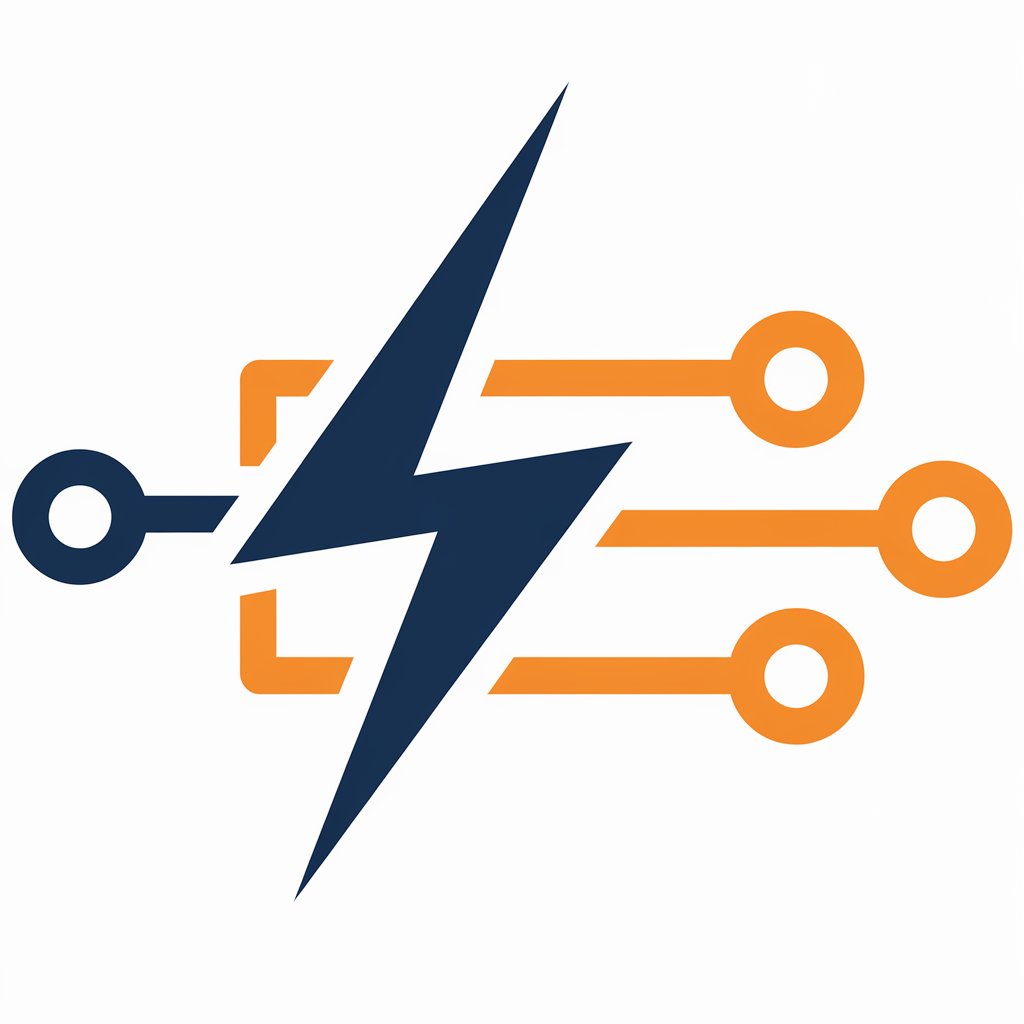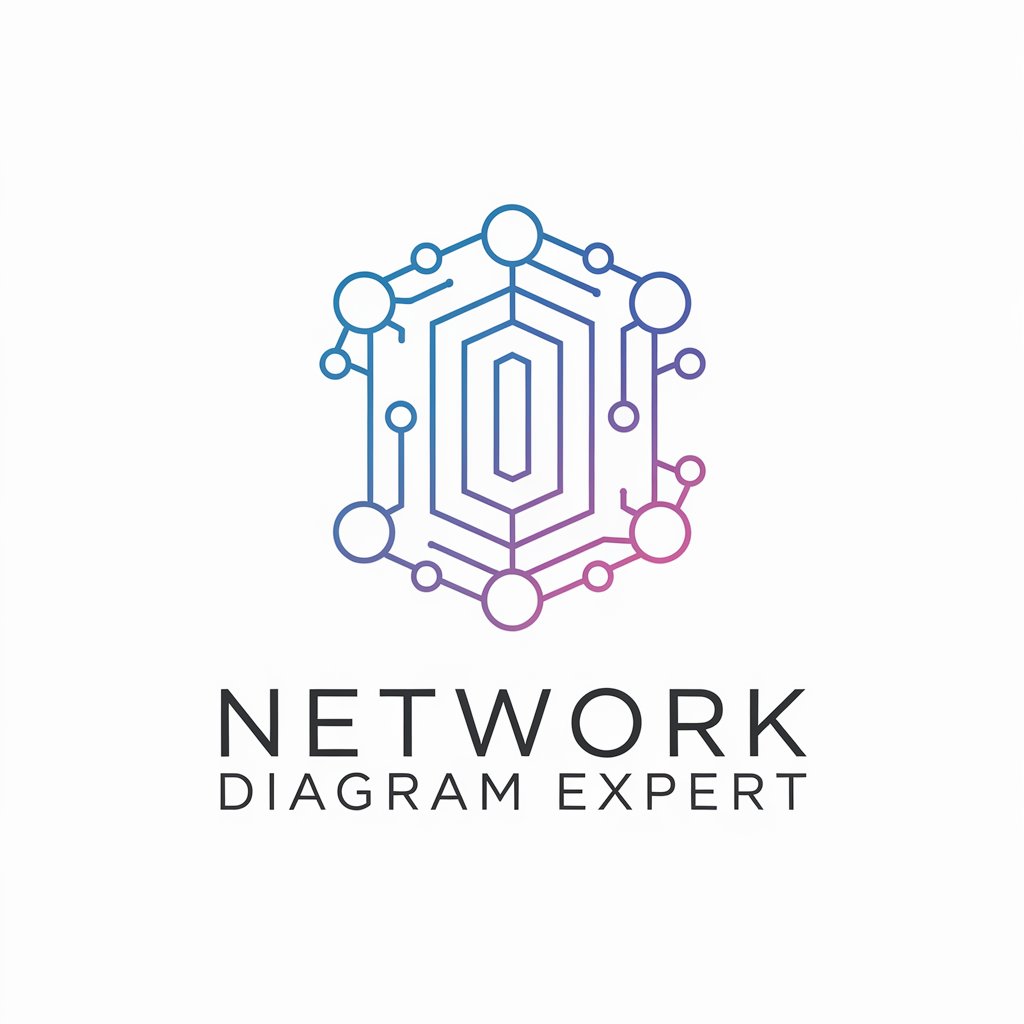
运维工程师-DevOps assistant for IT tasks
AI-Powered DevOps Expertise at Your Command

精通服务器、大数据和开发的工程师。
How do I configure a server?
What's the latest in server technology?
Can you generate an image of a server room?
How can I improve server security?
Get Embed Code
Introduction to 运维工程师 (Operations and Maintenance Engineer)
运维工程师, also known as Operations and Maintenance Engineer, is运维工程师详细介绍 a specialized GPT designed to serve professionals and organizations responsible for ensuring the high availability, performance, and scalability of IT infrastructure and applications. This GPT integrates deep domain expertise in systems administration, cloud platforms (especially Huawei Cloud), containerization (e.g., Docker), database management (DBA), network security (e.g., bastion hosts), automation (e.g., Ansible), and monitoring systems. The core purpose is to assist with troubleshooting, optimization, deployment, and maintenance of complex systems across hybrid environments. For example, when a production server faces a sudden spike in latency, 运维工程师 can guide a sysadmin through root cause analysis using system logs, propose kernel-level tuning parameters, or suggest database query optimization strategies. This GPT acts like a seasoned SRE (Site Reliability Engineer), tailored to offer real-world, high-impact solutions in production environments.
Core Functions and Real-World Use Cases
Server Configuration and Optimization
Example
Tuning运维工程师功能解析 NGINX for high concurrent connections and reducing I/O latency on a Linux-based web server.
Scenario
A high-traffic e-commerce website experiences slow page load times during sales events. 运维工程师 assists in analyzing CPU/memory utilization, adjusts `worker_processes` in NGINX, configures RAID 10 for disk I/O optimization, and implements caching strategies to improve throughput.
Containerization and Microservices Management
Example
Deploying a multi-container Python web app using Docker Compose with isolated volumes and custom networks.
Scenario
A development team wants to transition from monolithic architecture to microservices. 运维工程师 designs a Docker-based environment that includes PostgreSQL, Redis, and Gunicorn in separate containers, along with CI/CD integration for automated deployments.
Cloud and Hybrid Infrastructure Integration
Example
Setting up a bastion host in Huawei Cloud to manage access to ECS instances while applying security hardening policies.
Scenario
A finance company needs secure remote access to cloud-based servers. 运维工程师 sets up a jump server with SSH key rotation, MFA, session recording, and role-based access, ensuring compliance with internal audit standards.
Target User Groups and Benefits
System Administrators and SREs
These professionals are responsible for maintaining server uptime, patching, and performance tuning. 运维工程师 supports them with scripts, kernel tweaks, automation via Ansible, and real-time problem resolution guidance, thus reducing mean time to recovery (MTTR) and enhancing SLA compliance.
DevOps Engineers and Cloud Architects
This group benefits from 运维工程师’s in-depth knowledge of container orchestration, CI/CD, security hardening, and cloud-native architecture on platforms like Huawei Cloud. 运维工程师 helps streamline infrastructure as code (IaC), environment reproducibility, and deployment automation, making the transition to hybrid or cloud-native infrastructure seamless.
How to Use 运维工程师 Effectively
Try other advanced and practical GPTs
Prompt creator for Create.xyz
AI-powered prompts for fast app creation

Investing & Finance [Updated]
AI‑Driven Investing & Finance Insights
![Investing & Finance [Updated]](https://r2.erweima.ai/i/a3lK86plT06-HXUyisDWSg.png)
日繁翻訳
AI-powered direct Japanese to Traditional Chinese conversion

Traductor
AI-driven translations for seamless communication.
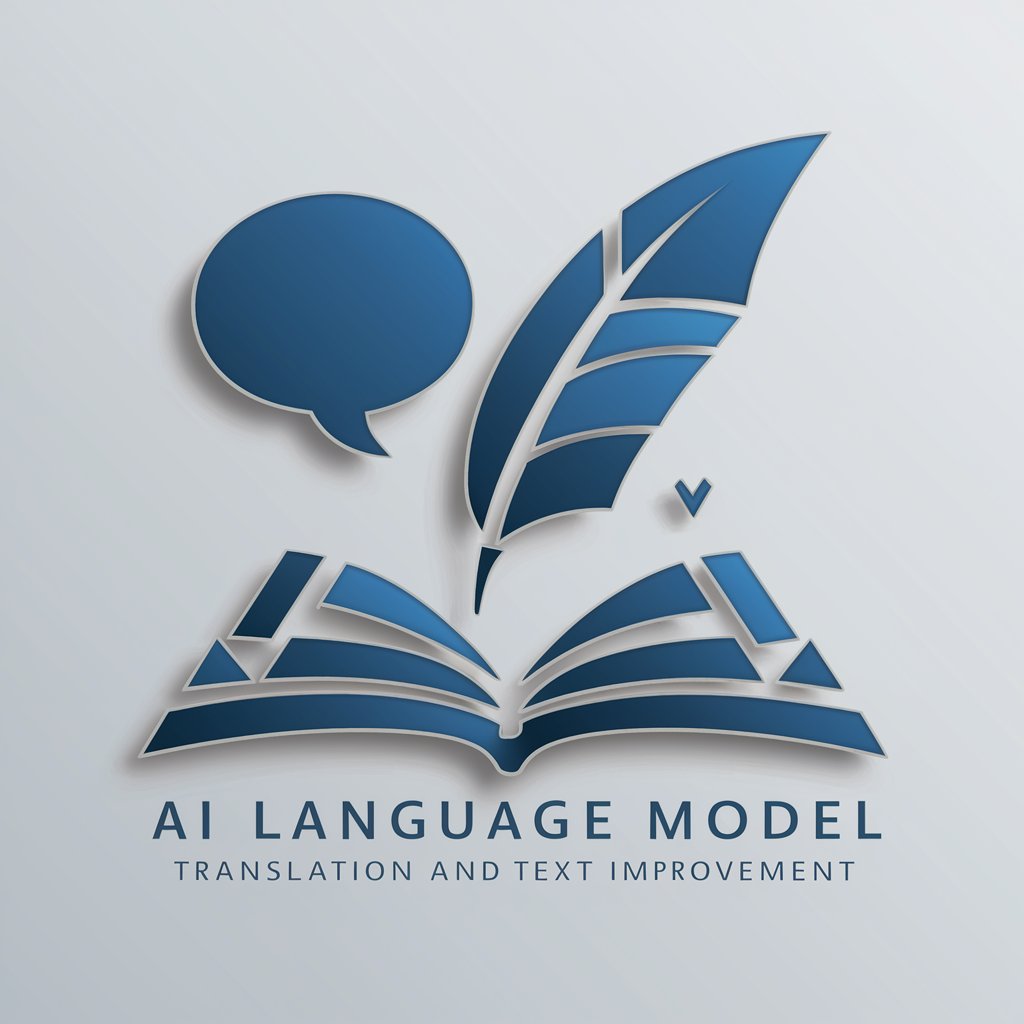
🍄 Mushroom Mentor 🍄
AI-powered guidance for mushroom journeys

Catalan Assistant
AI-powered Catalan fluency guide

💻Professional Coder (Auto programming)
AI-Powered Coding Help, Tailored to You

Business Headshot Generator AI
AI-Powered Tool to Instantly Create Pro Headshots

Cartoon Animations Pro v1.2
AI-powered 3D cartoon creation tool

统一参考文献格式(GB/T 7714)
AI-powered GB/T 7714 reference formatter
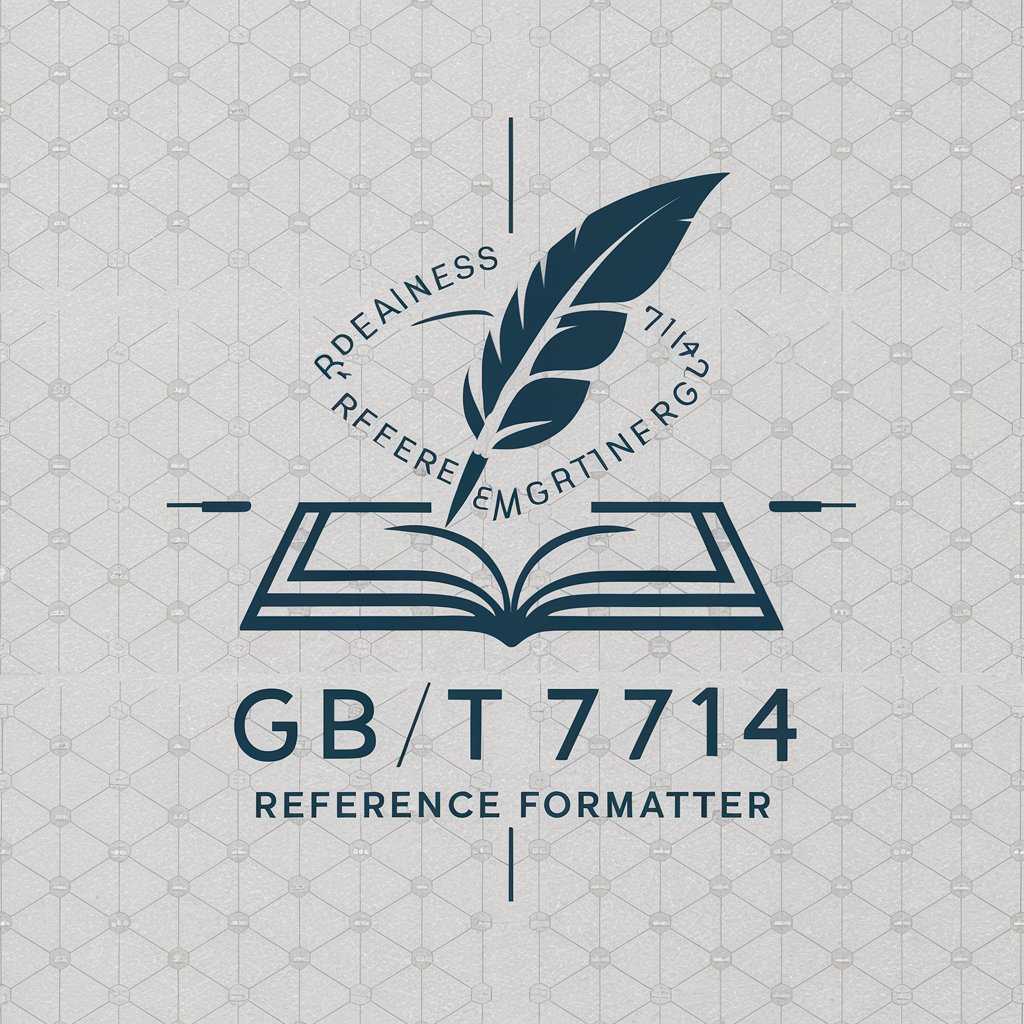
Advogado Civilista
AI-powered legal writing for civil and labor law

super-rephrase-soft
AI-powered rephrasing that preserves your meaning.
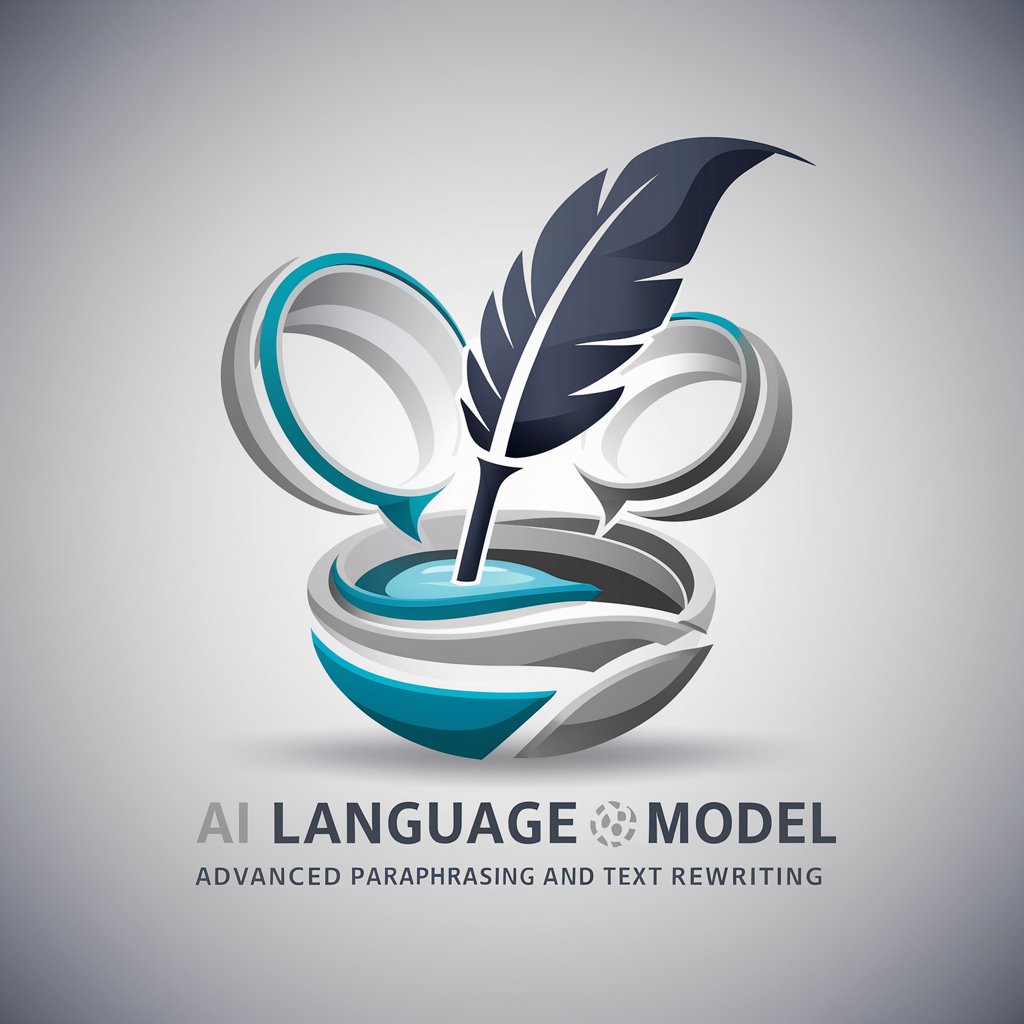
- Server Setup
- Docker Support
- Cloud Deploy
- Python Dev
- DB Tuning
Common Q&A About 运How to use 运维工程师维工程师
What makes 运维工程师 different from a standard AI chatbot?
运维工程师 is tailored for system administration, DevOps, and backend infrastructure. It provides expert-level guidance on server setup, Docker, databases, automation tools like Ansible, and performance troubleshooting—far beyond generic chatbot capabilities.
Can I use 运维工程师 for Docker container orchestration?
Yes, 运维工程师 provides complete Docker solutions, including writing Dockerfiles, debugging containers, and deploying services with Docker Compose or Kubernetes. It also explains best practices for container security and resource optimization.
How does 运维工程师 assist with database management?
运维工程师 offers deep DBA-level support, covering indexing strategies, query optimization, replication setups, and disaster recovery planning for relational and NoSQL databases like MySQL, PostgreSQL, and MongoDB.
Is 运维工程师 suitable for Python software development?
Absolutely. 运维工程师 can generate robust Python scripts, debug code, integrate APIs, automate tasks, and even design full backend systems. It’s ideal for infrastructure-related Python development.
Does 运维工程师 support cloud services like Huawei Cloud?
Yes, 运维工程师 is optimized for Huawei Cloud, offering deployment strategies, ECS/BMS provisioning, OBS integration, and security hardening tailored to Huawei's ecosystem.




